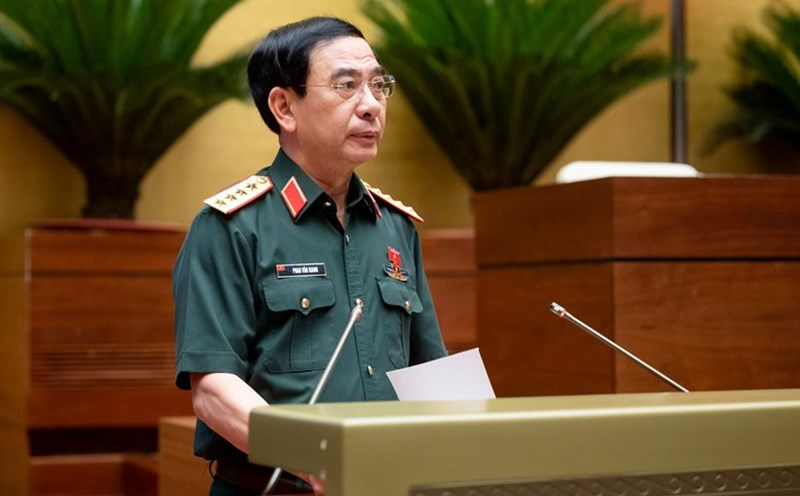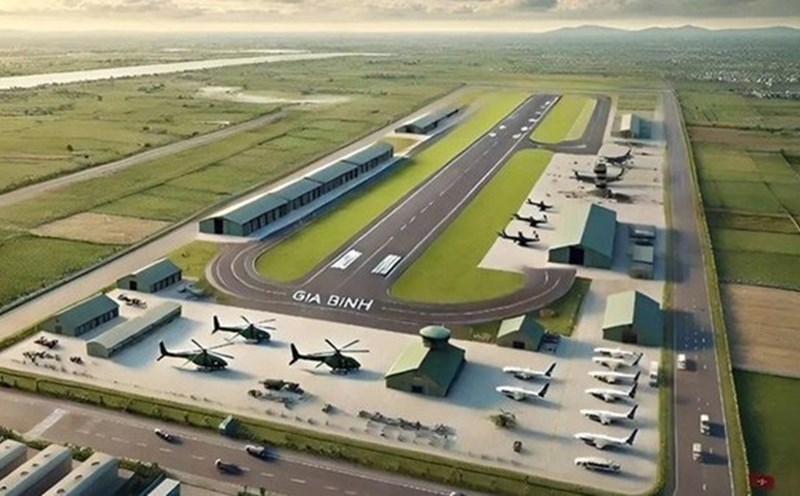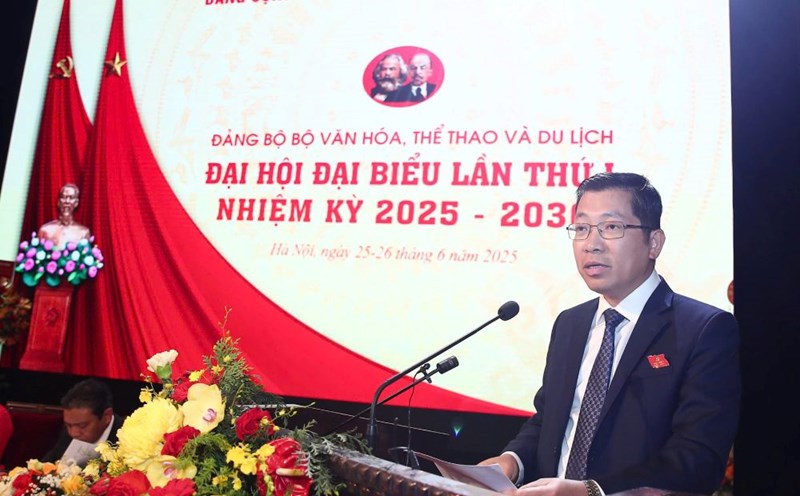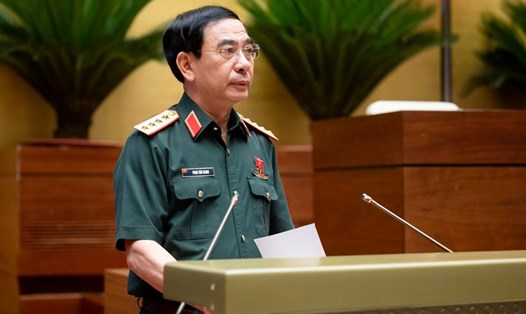Delegate Duong Khac Mai (Dak Nong Delegation) said that the reality of responding to the recent COVID-19 pandemic shows that there are cases where to ensure response to dangerous situations that threaten people's health and lives, ensuring social order and safety, it is necessary to take measures such as in a state of emergency but not declare a state of emergency.
On the other hand, through review, it is shown that the National Security Law also stipulates the application of a number of necessary measures when there is a risk of threatening national security but not to the extent of declaring a state of emergency.
Delegate Duong Khac Mai suggested considering adding regulations on allowing the Prime Minister and Chairman of the Provincial People's Committee to apply a number of necessary measures prescribed in an emergency but not declaring a state of emergency to promptly respond to dangerous and urgent situations, limiting the possibility of declaring a state of emergency.
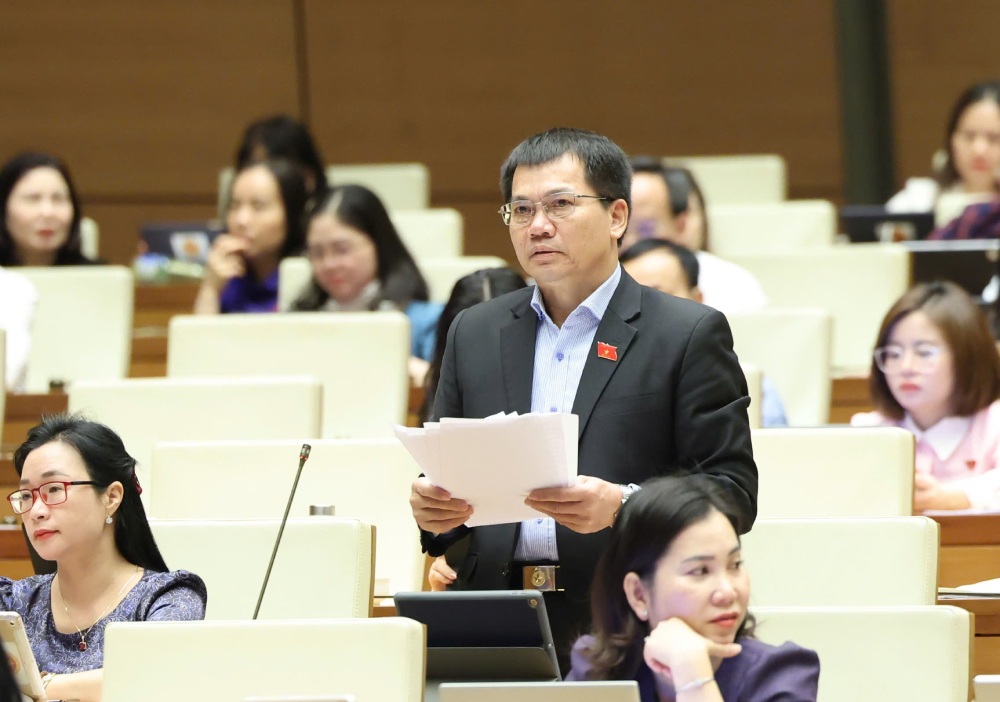
Regarding the authority, order, and procedures for declaring and declaring a state of emergency in Article 9 of the draft Law, the authority to declare a state of emergency is the National Assembly Standing Committee, the President declares a state of emergency. Based on the Resolution of the National Assembly Standing Committee on declaring a state of emergency, the President declares a state of emergency nationwide or in each locality.
Delegate To Van Tam ( Kon Tum Delegation) said that these are two different things: declaring a state of emergency is the decision of the competent authority and here is the National Assembly Standing Committee.
The declaration of a state of emergency is to publicly notify the people and the whole society about the decision to declare a state of emergency for the organizing agency and the people to enforce.
Meanwhile, Clause 1 and Clause 4, Article 9 stipulate that in case the National Assembly Standing Committee cannot hold a meeting, the President will declare a state of emergency.
If such regulations are made, the National Assembly Standing Committee cannot hold a meeting and cannot decide to declare a state of emergency. And if there is no decision to declare a state of emergency, there is no basis for the President to declare a state of emergency.
Therefore, delegate To Van Tam suggested that it is necessary to revise the direction that in the case where the National Assembly Standing Committee cannot hold a meeting, it should be empowered by the President to declare a state of emergency and declare a state of emergency according to the Prime Minister's proposal to ensure suitability with reality.
Sharing the same view, delegate Le Xuan Than (Khanh Hoa Delegation) proposed to re-regulate Article 9 into 2 clear clauses.
In which, Clause 1 is a regulation on the authority of the National Assembly Standing Committee to declare an emergency state like the 2013 Constitution; at the same time, it stipulates the procedures for procedures to be used as a basis for relying on the opinions of competent authorities when the National Assembly Standing Committee declares an emergency state.
Clause 2 stipulates the President, if the National Assembly Standing Committee meets and has a Resolution, the President declares a state of emergency; if the National Assembly Standing Committee cannot meet, the President proactively declares a state of emergency.


